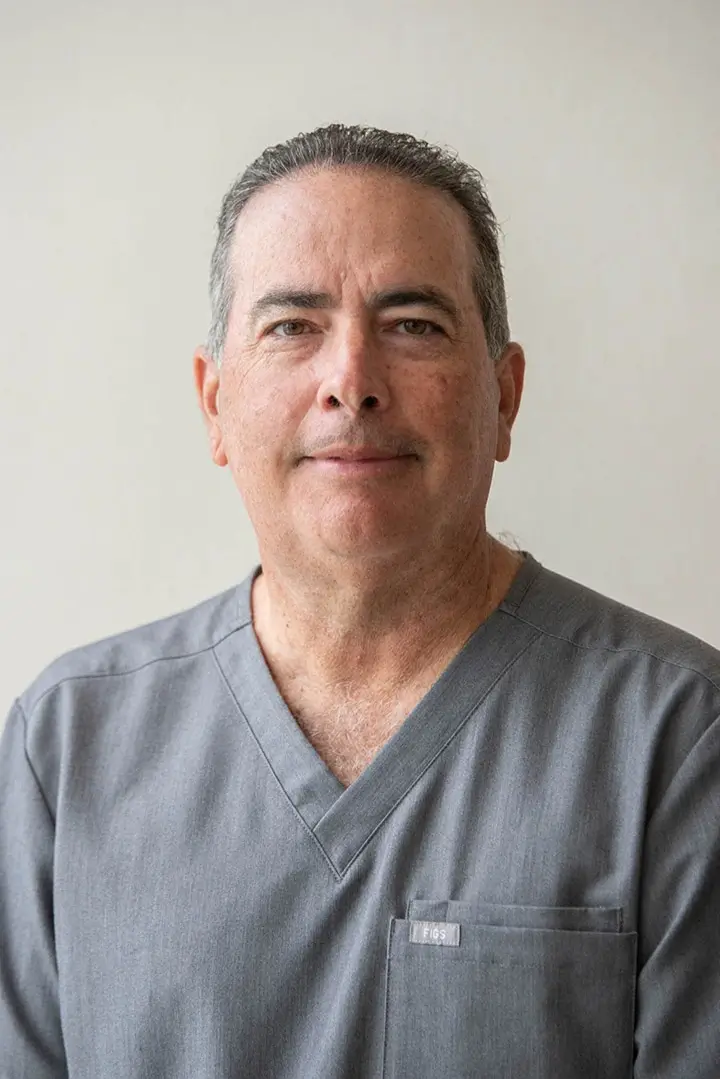By Rob Stein, The Washington Post
Embryonic stem cells have numerous pitfalls in addition to the ethical dilemmas. While the concept of a “blank slate” cell is extremely attractive in terms of generating new tissues for transplantation and organ replacement, the problem is that these cells are so young that they do not properly “know” how to integrate with existing tissues. This causes the problem of possible dysfunction of the cellular products made from the cells, but also causes the issue of cancer formation. Many studies have demonstrated that administration of embryonic stem cells, or products made from them form cancers when injected into mice that lack an immune system.
Because of the risks associated with embryonic stem cells, the FDA has been historically reluctant to allow initiation of clinical trials with them. The leader of the field of embryonic stem cells is Geron, the company that funded the research that lead to the discovery of human embryonic stem cells, as well as the company that has the exclusive license for their commercial use. The business of embryonic stem cells is associated with large financial investments. Specifically, patents are not only associated with the cells themselves but one methods of growing the cells and methods of selecting the cells to reduce the possibility of cancer formation. In some ways people believe that embryonic stem cells are an exercise in science because adult stem cells have been demonstrated to elicit numerous therapeutic effects without the risks.
Last year a monumental study was initiated in that the FDA allowed for the first human use of an embryonic stem cell product. The company Geron was granted approval to treat patients with spinal cord injury using embryonic stem cell derived oligodendrocytes, the cells that generate the myelin that lines the nerves.
Today, information was released on the first patient that was treated with these cells. The patient was a partially paralyzed young man, Timothy J. Atchison, 21, known to family and friends as T.J.
T.J. was a student at the University of Alabama College of Nursing when he was partially paralyzed in a Sept. 25 car accident, his aunt and father said. He agreed to let doctors infuse more than 2 million cells made from stem cells into his spine 13 days later at the Shepherd Center in Atlanta, according to his aunt and a family friend.
While the primary endpoint of the trial is to demonstrate safety, doctors are also testing whether the cells restore sensation and movement. It was too soon to tell whether the cells were helping T.J., Angela Atchison said. “They said it would be about a year before they’ll know if there’s any difference — if it takes,” she said. “We’re just hoping and praying that it works.”
T.J.’s father, Timothy Atchison of Millry, said his son had maintained a positive attitude, beginning when he was in the emergency room after the accident. and understood how seriously he was injured.
“He said, whatever the Lord leaves him with, he’ll do the best he can with it,” the father said in a phone interview Monday. He would not directly acknowledge that his son was in the stem cell study, but confirmed details including his Shepherd Center treatment. “I’ll put it this way, they tested a lot of folks, and only one made the cut,” he said during another interview Tuesday. “You can read between the lines.”
First patient to get stem cell therapy identified

Reviewed By:
Jorge Paz-Rodriguez, M.D.
Board Member & Medical Director
Dr. Paz leads the Stem Cell Institute team dedicated to advancing patient care through stem cell therapy. Board-certified in internal medicine, he trained at Lincoln Hospital in NYC and has directed Wellmed Clinics in Texas and Panama, specializing in chronic disease management.
